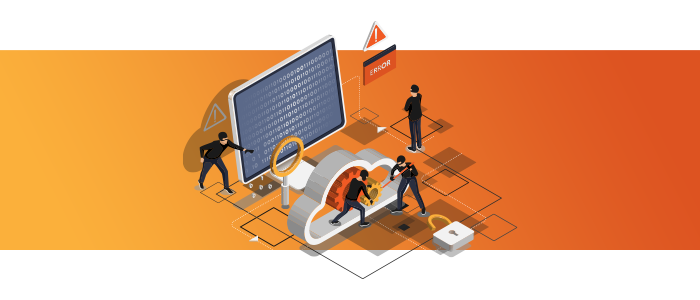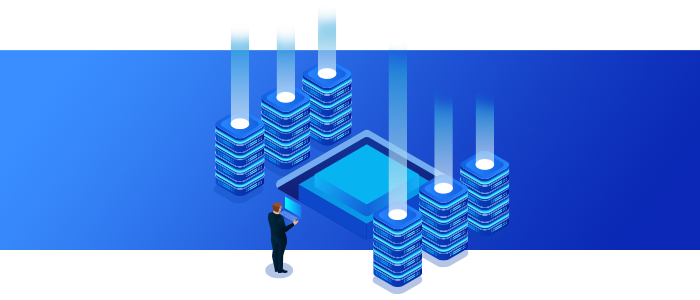
Are your data security measures strong enough?
Let me start this blog by asking you a question. How did your business respond to the security threats brought on by the COVID-19 pandemic? The reason we are discussing this is because a recent survey conducted by Password Keeper and Ponemon Institute revealed that during the 2020 Coronavirus pandemic, the effectiveness of organizations’ IT posture in terms of cybersecurity dipped by almost 30%.One of the main reasons for the compromise in IT security was the hurried transition of so many businesses to the remote work model. Working from home often meant the staff were using their personal computers to access work data, sometimes, even on shared WiFi networks without the latest software updates, security patches and firewalls--all invitations to cybercriminals. But, the research also pointed out that almost 50% of the respondents were also concerned about the physical safety of their data. When employees work from home, business data is stored on their personal devices. This includes personal laptops, desktops, thumb drives, external hard disks and sometimes, even smartphones and tablets. Ensuring the data stored in such a manner is not lost, stolen or inadvertently made public is a huge challenge. The cloud can help resolve this challenge to some extent. By migrating your data to the cloud you get a range of benefits such as
- It is easily accessible-from anywhere, anytime using an internet enabled tablet, computer or even a smartphone
- The cloud service provider offers multiple layers of security to keep your data safe from prying eyes
- There is no chance of losing data due to misplaced thumb drives or computer hard disk crashes
